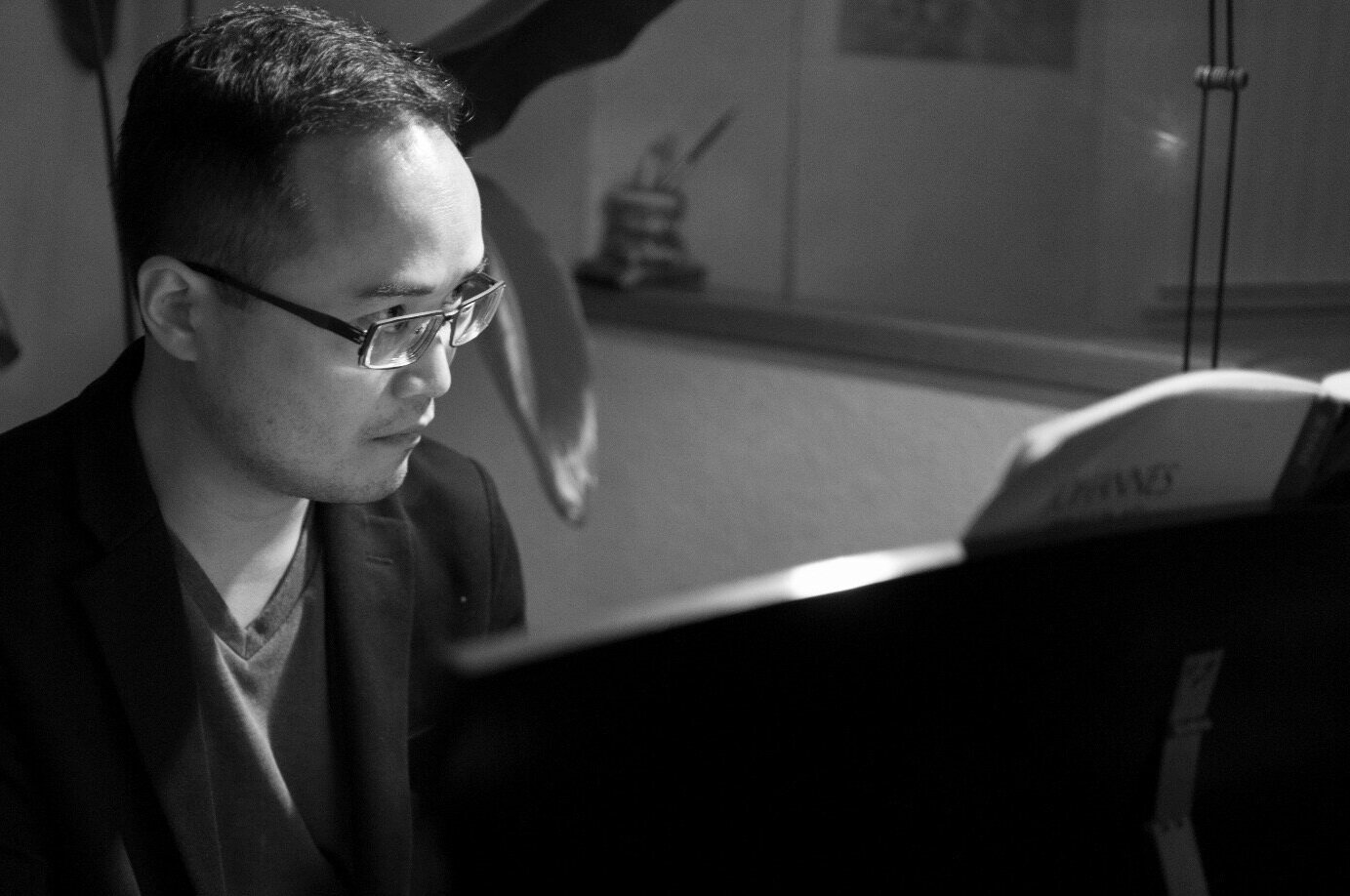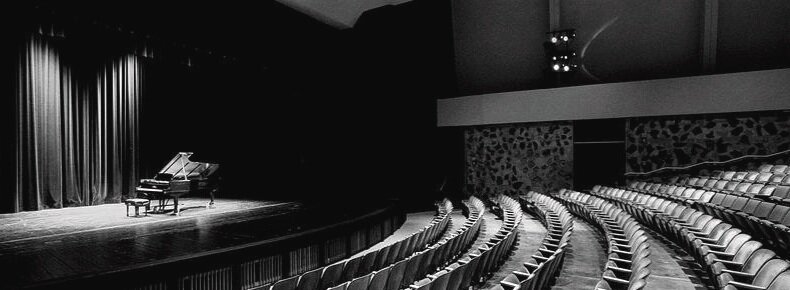
About
I started piano lessons when I was 6 years old. Like most kids that grew up with piano lessons, I was never that serious with being a pianist as a kid, but I was serious about enjoying and getting the most out of the music life I’ve had. I was born in Taiwan, but I was raised locally here in Pleasanton since middle school. I have no problem communicating using Mandarin, but I insist on teaching my lessons in English.
I am classically trained, but unlike most pianists, I studied more than just one instrument. I went to Carnegie Mellon University for oboe performance, then later changed to piano. I studied piano under Frank Wiens at the University of the Pacific Conservatory of Music. During my studies, I learned from many inspiring professors and local talent that continue to encourage me to teach at my highest level. This gives me a unique perspective on how music is put together. Therefore, for my more advanced students, I lean toward giving them ensemble pieces/duets to broaden their horizons.
My philosophy for teaching is to not only teach my students how to read the notes and play them correctly, but to also understand how music is put together and why. For this reason, all my students must learn basic theory. For my advanced students, I highly encourage them to find their own interpretations to the music. My teaching goal is for my students to be able to continue playing and enjoying music that interests them long after they are done with me.
Location
Pleasanton, CA
Hours
2 pm – 9 pm Monday through Friday
Johann Sebastian Bach (1685-1750)
One of the most famous and influential composers, J.S. Bach is sometimes called the father of western music. He was an improvisation master, incredibly imaginative and an intellectual who pushed the boundaries of music on every front imaginable. Thanks to him, we have our tempered tuning, counter point, tonal system, and the list goes on and on.
Prelude and Fugues come in pairs. He wrote 2 sets for every single key, both in major and minor, separated into two books called “Well-Tempered Clavier”. Fugues are one of the most studied musical form, and holds incredible influence in the world of music even in our modern day society.
Joseph Maurice Ravel (1875-1937)
One of the most overlooked composers by modern teachers when it comes to impressionist music. He is often overshadowed by Claude Debussy; but for those who take their time to compare the two will discover that Ravel is every bit just as great as Debussy.
Beside piano music, his understanding of sound and ability to orchestrate music was one of his greatest strengths. When listening to his music, it is best to close your eyes and let your imagination go wild.
Franz Liszt (1811-1886)
Sometimes described as the “Paganini” of piano, he was an incredible virtuoso performer and composer. Early in his performance career, some claimed ladies would “faint” after a particularly flashy passage during his recitals.
This particular piece was one of his later works, when he was done with all the touring and his composition style had matured.

“Music is not sound. Music is using sound to organize emotions in time.”
— Krystian Zimerman